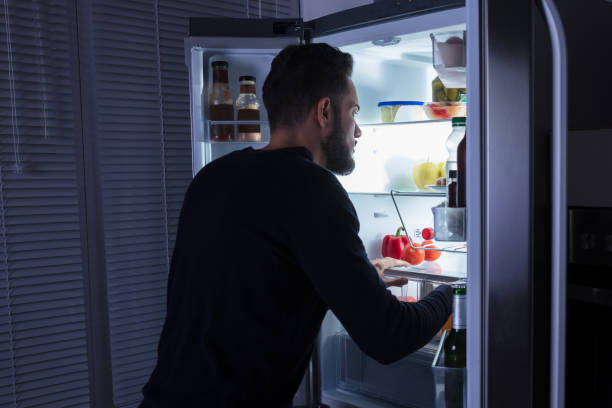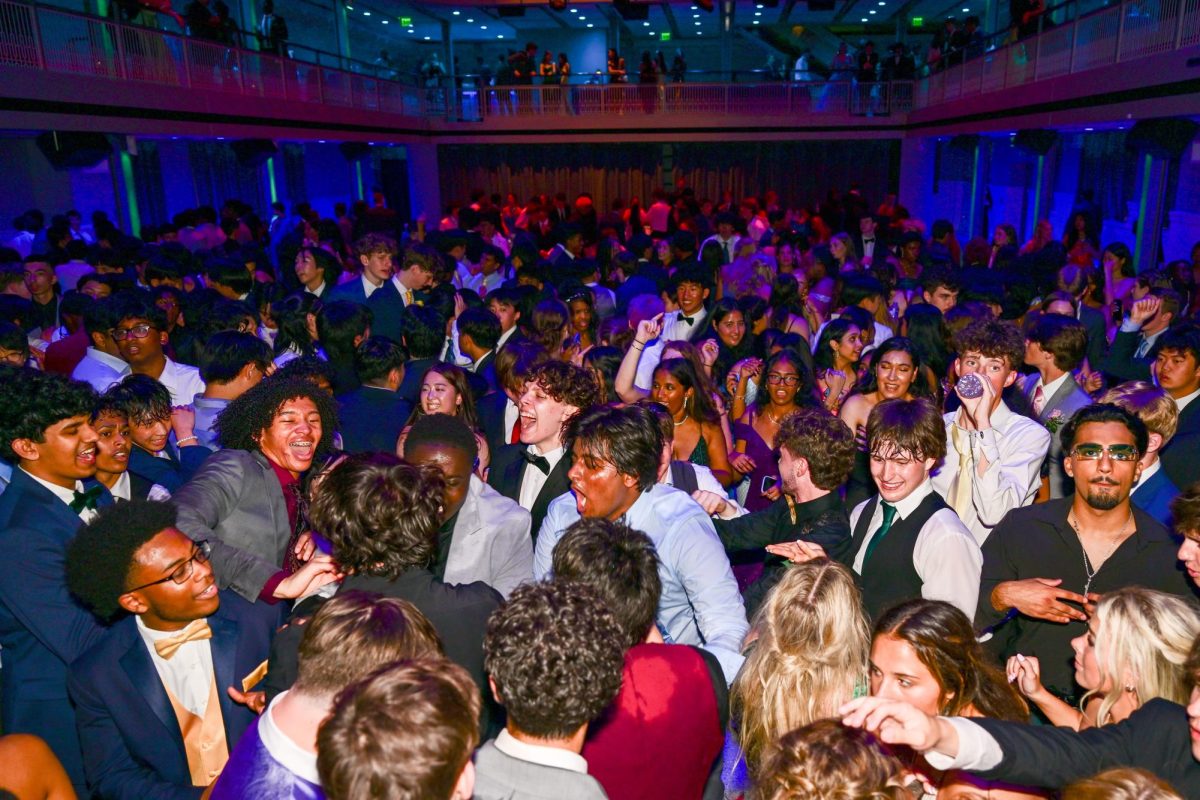Watch out Night owls! Eating late may be convenient, but it’s not healthy. Students around Marriotts Ridge cherish their evening routines, all finishing their days in a variety of different ways. Some eat early and others eat late, some with family and others by themselves, but the science shows that eating late might lead to problems the next morning.
“I typically eat dinner at around 9:00-10:00 pm. It’s pretty late due to what time my mom prepares our meals,” junior Srijan Kyasa shared.
Many students face the same situation, eating late because of practice, extracurriculars or a parent’s schedule. But, this could have negative outcomes. Healthline.com’s article “When Should You Stop Eating Dinner at Night” explains how eating dinner late at night can lead to weight gain and lethargicness.
“One theory that may support this claim is the idea that your body’s ability to burn the food you eat— also called food-induced thermogenesis — differs throughout the day. It’s higher in the morning and lower in the evening. Limiting your food intake late at night may also indirectly lead to a reduction in calorie intake, thus preventing weight gain.”
Metabolic syndrome may be another result of a late dinner. Metabolic syndrome is a group of conditions that includes insulin resistance, high blood pressure and cholesterol.
“One study looked at the metabolic effects of a late dinner (9 p.m.) versus a routine dinner (6pm) in 20 adults. The late dinner resulted in higher blood sugar levels the following morning and a reduced breakdown of dietary fat, compared with the routine dinner”,Healthline.com explained.
In addition, eating a substantial amount of food before sleeping can lead to discomfort as well as digestion issues. Laying down after eating causes stomach acid to flow back into the esophagus, which may result in acid reflux or heartburn. These issues may negatively affect quality of sleep. Eating a late dinner may also have a negative effect on an individual’s natural circadian rhythm, which is an important aspect of the body’s sleep-wake cycle, as the body is naturally inclined to wind down at night. But, eating big meals may put the digestive system back to work, and interrupt the circadian rhythm
“Eating a meal too close to bedtime can harm your sleep, especially if it’s a large amount of food. Research shows that the closer a person eats before bedtime, the more likely they are to wake up throughout the night On the positive side, some people utilize their late dinner as a part of their busy schedule later in the day as a way to socialize with family and friends after a long day. Knowing the health risks of eating dinner later is important before incorporating it into one’s schedule.
Individuals can eat lighter, balanced meals by adding vegetables, protein and whole grains to reduce the effects of a late dinner. Avoiding spicy, greasy or acidic foods decreases the likelihood of acid reflux. Ultimately, the goal is to increase one’s overall lifestyle and eating practices, and eating dinner a little earlier with a balanced meal makes all the difference.
Categories:
Effects of Eating a Late Dinner
Rear View Of A Young Man Looking At Food Kept In Refrigerator








